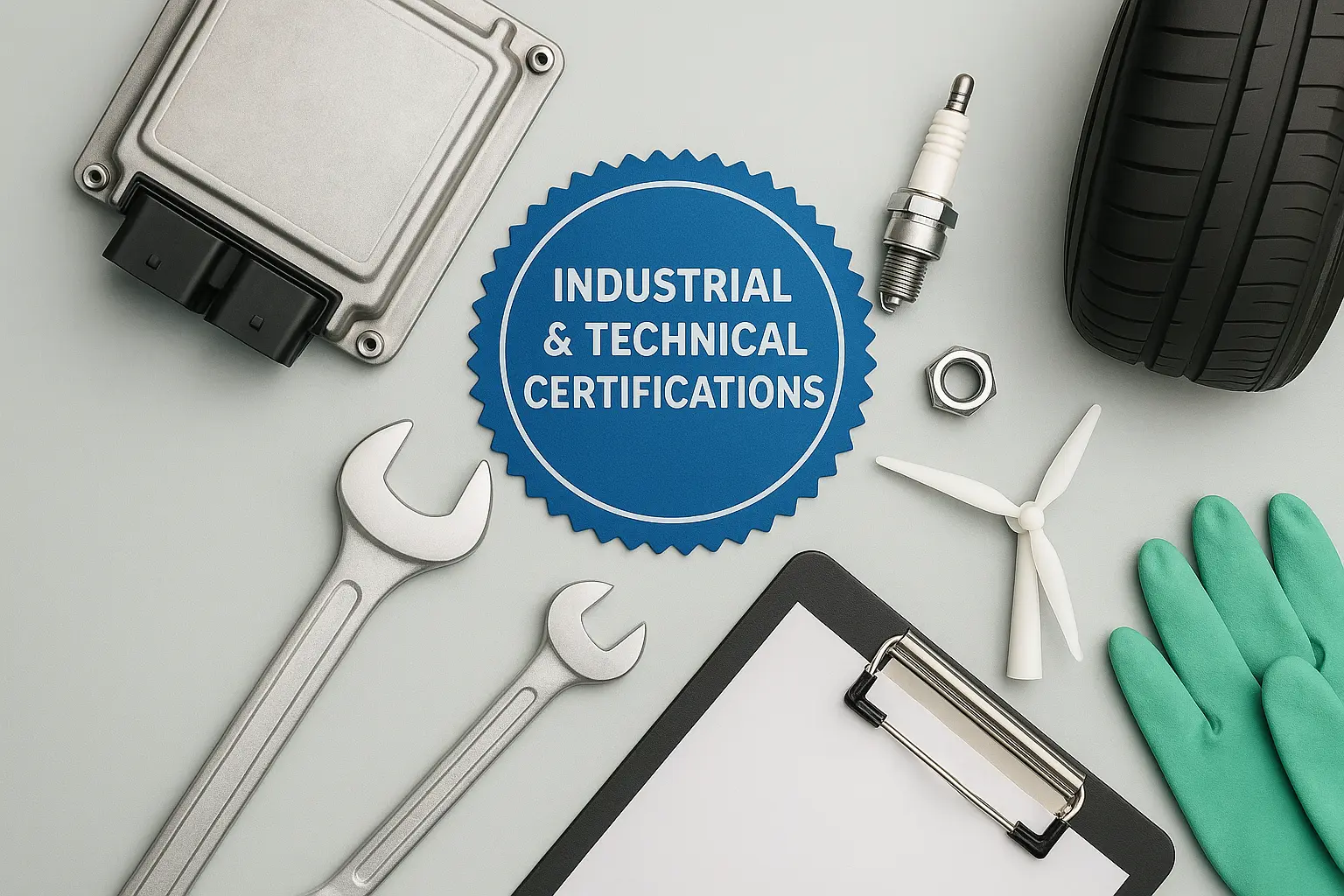EN 12516 Industrial Valves Certification
The EN 12516 standard is specifically designed to ensure that industrial valves meet stringent quality and safety requirements. This certification guarantees that the valve components are durable, reliable, and capable of withstanding harsh operating conditions in various sectors such as oil and gas, chemical processing, power generation, and water management.
EN 12516 covers a wide range of tests including dimensional accuracy, mechanical properties, materials quality, and functional performance. The certification process involves comprehensive inspections that cover the entire lifecycle of the valve from design to installation and operation. This ensures consistent compliance with international standards, which is critical for industries where safety and reliability are paramount.
For valves used in high-pressure or hazardous environments, this certification becomes essential. It not only protects equipment but also safeguards human life by ensuring that valves can operate correctly under extreme conditions without failure. The rigorous testing protocols outlined in EN 12516 help identify potential issues early on, allowing manufacturers to address them proactively.
The standard emphasizes the importance of material selection and processing methods used during manufacturing. Proper choice of materials ensures longevity and resistance against corrosion or other forms of degradation over time. Additionally, it mandates precise fabrication techniques ensuring tight tolerances critical for proper sealing performance which is crucial in preventing leaks that could lead to serious accidents.
Compliance with EN 12516 also extends beyond just manufacturing; it applies throughout the valve’s service life including maintenance procedures and replacement parts availability. This holistic approach ensures long-term reliability, reducing downtime and associated costs while enhancing overall efficiency within facilities.
In summary, obtaining certification under EN 12516 is not merely an optional step but a necessity for any organization involved with industrial valves intended for use in demanding environments. It provides assurance to end-users regarding product quality and safety standards, thereby fostering trust among customers and stakeholders alike.
Benefits
Obtaining EN 12516 certification offers numerous benefits for manufacturers and users of industrial valves. Firstly, it enhances the reputation of both organizations by demonstrating commitment to quality standards recognized globally. Secondly, compliance with this standard helps avoid legal risks associated with non-compliance or recalls due to faulty products.
Secondly, certified products enjoy greater market access as buyers increasingly prefer suppliers who adhere to internationally accepted norms like those prescribed in EN 12516. Thirdly, it facilitates smoother international trade by eliminating barriers posed by differing national regulations.
Moreover, certification underlines an organization’s capability to deliver consistent performance across all deliveries, thereby strengthening relationships with clients and partners. Lastly, it provides peace of mind knowing that the valves meet the highest safety standards protecting personnel and assets alike.
Industry Applications
- Oil & Gas Sector: Ensures safe handling of hydrocarbons in pipelines, storage tanks, and processing facilities.
- Chemical Processing Industry: Guarantees containment integrity for hazardous chemicals to prevent leaks and explosions.
- Power Generation Facilities: Provides reliable control over steam or gas flows ensuring efficient plant operations.
- Water Management Systems: Ensures proper flow regulation in water distribution networks enhancing sustainability practices.
Environmental and Sustainability Contributions
The EN 12516 certification plays a vital role in promoting environmental responsibility by ensuring that industrial valves contribute positively to sustainable development goals. By reducing the risk of leaks, these certified valves help minimize waste generation and pollution levels.
Additionally, they support energy conservation efforts through optimized flow control leading to lower operational costs for clients. The use of durable materials also reduces resource consumption during replacement cycles thus promoting circular economy principles.
Furthermore, compliance with this standard aids in achieving regulatory compliance requirements set forth by various governmental bodies worldwide. This fosters a culture of continuous improvement towards greener practices within industries relying heavily on industrial valves for their operations.





